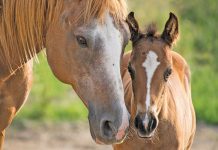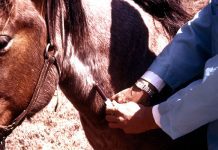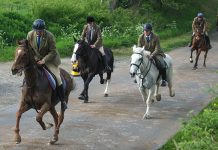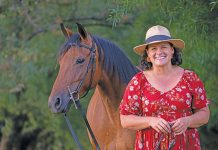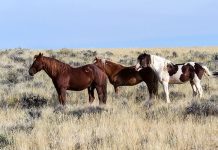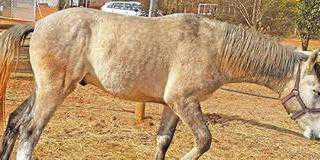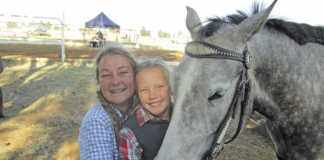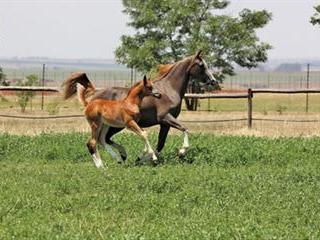
Before you buy a horse you should know how to choose one that will suit you and you should fully understand its needs. You should know how to groom the horse and look after its mane, coat, tail and feet; how to keep a stable clean; how to care for and fit tack properly; and how to fit boots, rugs and bandages.
Advice from an experienced friend or instructor is invaluable. But always be honest with yourself. What can you realistically afford? How much time do you have to offer the horse? A youngster needs constant schooling! What do you want to do with your horse? Do you want a companion to just hack around on, or do you want to enter competitions?
Your temperament and personality must complement that of your horse. If you’re an uncertain, nervous rider, get a calm, sensible horse. Your size and build is also important. Every horse is an individual, but some do better in certain situations than others:
The older horse.
This horse will normally be in its late teens – experienced and calm, but also set in its ways. It will understand what’s expected of it. Although it’s cheaper to buy, there will be extra maintenance costs that come with age. It’s important to be prepared to provide a home for the horse until the end of its life – it’s not fair to sell him because he’s no longer useful. Have someone knowledgeable ‘age’ the horse for you, especially if the date of birth cannot be confirmed.
The all-purpose horse.
This is an ideal first-time horse, as it is capable of doing a bit of everything, and you can try your hand at various disciplines and see which you prefer.
The school master.
This horse has mastered a certain ability, be it jumping, gymkhana, dressage or endurance.
The youngster.
As noted, these horses require more commitment. Any mistakes made early on can affect the horse for life, and this option is really only for the experienced rider.
A rescue horse.
It’s a wonderful idea to take on a horse that has had a raw deal in life, but these animals have special needs. Some have a real mistrust of people and need a lot of individual attention.
A farm horse.
This will be cheaper, as it’s accustomed to living outdoors. Normally, these horses are lively.
Once you’ve decided what you want, it’s time to start looking. Just remember: you can spend up to 20 years with your equine friend, so take your time finding the right horse.
Shopping tips
- Take a photo of any horse you are considering buying.
- Find out how fit the horse is and whether its temperament changes when its workload changes.
- Take your saddle and bridle and see if these fit the horse correctly.
- Ask if you can take it out on a hack and if you can work it in an arena. If the two of you click, then it’s just the formalities left to deal with.
- Arrive unexpectedly once after the initial meeting and try to catch the horse unassisted.
If you want to buy the horse, first have it checked by a vet. Insurance is a good idea too – even if only taken out for transporting your horse home. When it comes to payment, make sure to get a written receipt from the previous owner. This will be needed for insurance purposes. Also ensure you receive all the paperwork relating to your horse, such as breed books, passports and health records.
Contact Kim Dyson on 082 888 6511 or at [email protected]. Please state ‘Horse therapy’ in the subject line of your email.


